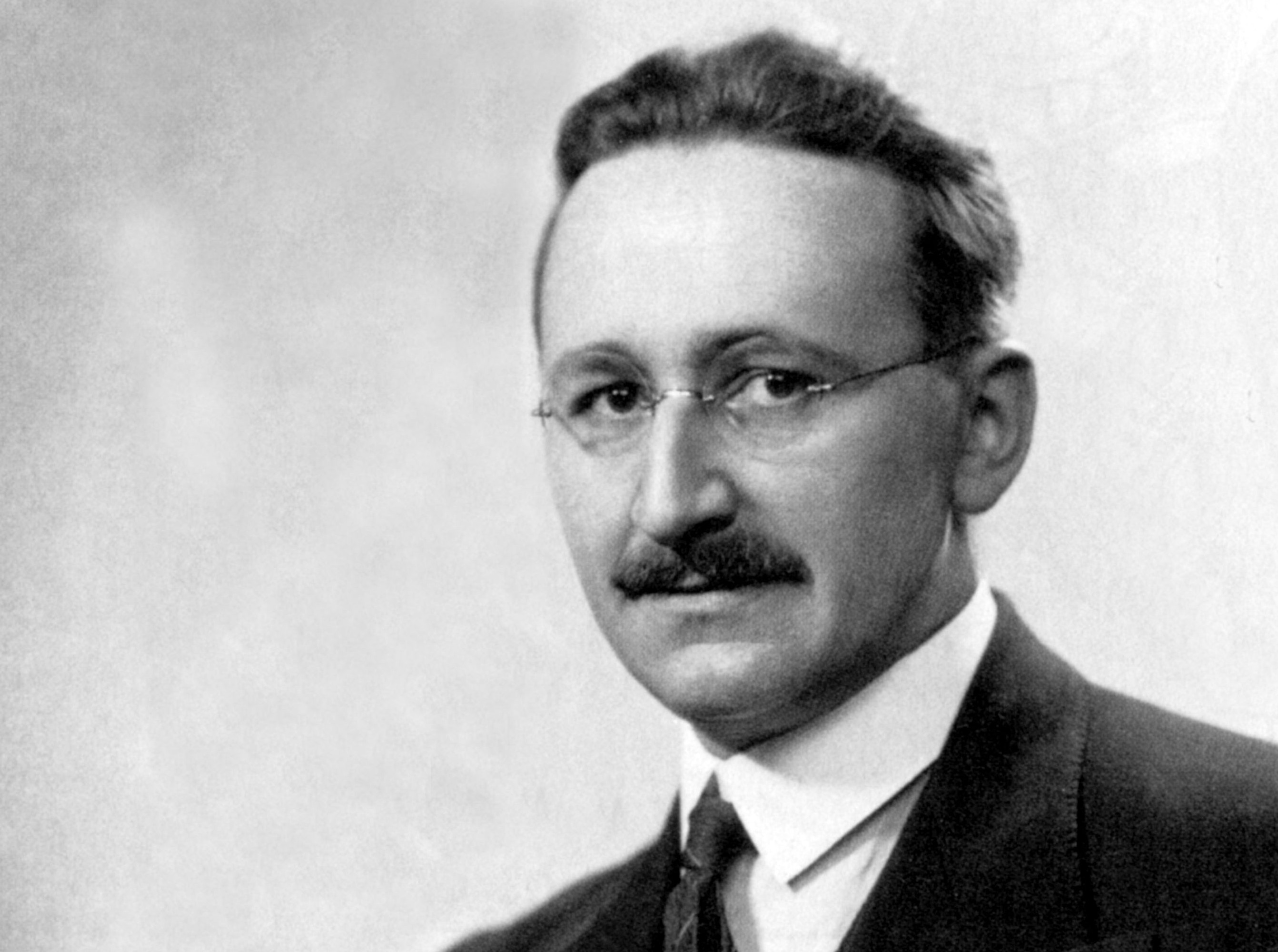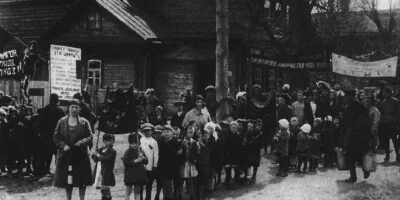It’s Not a Comeback—It’s an Opportunity
In a recent post, Scott Burns discusses a paper I am working on with Roger Koppl (Syracuse University). The tentative title of our paper is “Is Macroeconomics Taking an Austrian Turn?”
The transformation (macroeconomics turning to Austrian ideas), Burns argues, “is by no means revolutionary, and it is far from complete.” Most certainly. But our paper is not about an outcome that already happened. Rather, it is about an opportunity still open for scholars interested in Austrian ideas. After all, our paper comes in the form of an open question, not a settled statement.
What defines an Austrian opportunity? Two things. Firstly, a macroeconomic issue must require new insights and ideas — for instance, it involves an unsolved problem or an unanswered question. Secondly, in dealing with these open issues, macroeconomists must be open (consciously or unconsciously) to Austrian-friendly ideas.
Koppl and I identify a few of these opportunities to build bridges between Austrian and mainstream economic theory:
- Hayek’s knowledge problem applied to central banking and monetary policy
- Rule of law versus the rule of experts in macroeconomics
- Confidence and cascade effects during a financial crisis
- The Wicksell effect and the period of production
Let me give one example. The insight behind NGDP targeting, which has drawn increased interest in the last few years, closely resembles Hayek’s insight in Prices and Production (1933). Further, NGDP targeting achieves a similar outcome to that observed under free banking, another topic into which the Austrian literature has delved deeply. Both NGDP targeting and the related Austrian fields ask whether it is possible to design a monetary-institutional framework that would lead to equilibrium without the experts at central banks aiming at the equilibrium. And can we reproduce the institutions that lead to financial stability and a spontaneous monetary equilibrium?
Of course, there may be other research opportunities. And our paper does not explain how the opportunities we identify have been pursued already. It lays out general guidelines for how they can be pursued. As Scott notes, any scholar pursuing such an opportunity should first consider why Austrian and mainstream economists have missed opportunities to talk more to each other.











